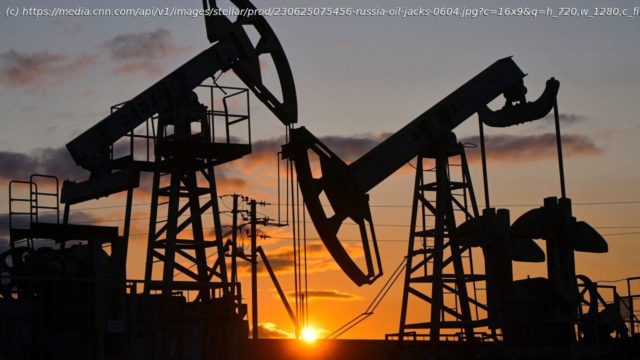Array
After the pandemic and war in Ukraine, and the inflation shock that followed, the global economy is in a precarious state. The last thing it needs right now is another nasty surprise.
That’s what it nearly got this weekend as disaffected Russian mercenaries marched toward Moscow, drawing a stark warning from President Vladimir Putin that the country was on the brink of a 1917-style “civil war.”
The armed insurrection has been defused — for now — but the most serious challenge to Putin’s authority in 23 years could still usher in a period of turmoil and change.
“Putin has total chaos now,” Yale professor and Russia expert Jeffrey Sonnenfeld told CNN.
Russia has dropped out of the ranks of the top 10 economies in the world, with a gross domestic product roughly the size of Australia’s, but it remains one of the biggest suppliers of energy to global markets — including China and India — despite Western sanctions imposed in the wake of its full-scale invasion of Ukraine in February 2022.
On Saturday, a fellow global energy power, Qatar, expressed “great concern” about the situation in Russia.
“The escalation of the situation in Russia and Ukraine will have negative repercussions on international security and peace, as well as on food and energy supplies,” Qatar’s foreign ministry said in response to news of the rebellion.
Any meaningful loss of Russian energy would force China and India to compete with Western nations for supplies from other producers. If political chaos restricts exports of other commodities, such as grains or fertilizer, that could also send supply and demand out of whack. And that could push up prices for everyone.
Richard Bronze, head of geopolitics and co-founder at Energy Aspects, said markets would now need to figure out the extent to which prices should rise to reflect the greater risk to Russian supply, a view shared by other analysts.






